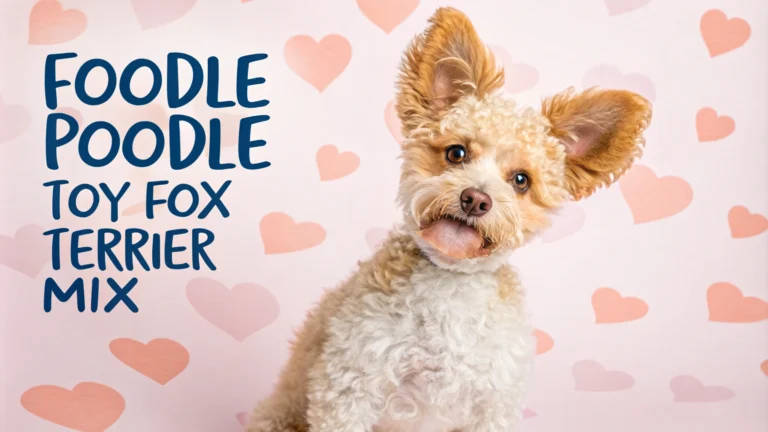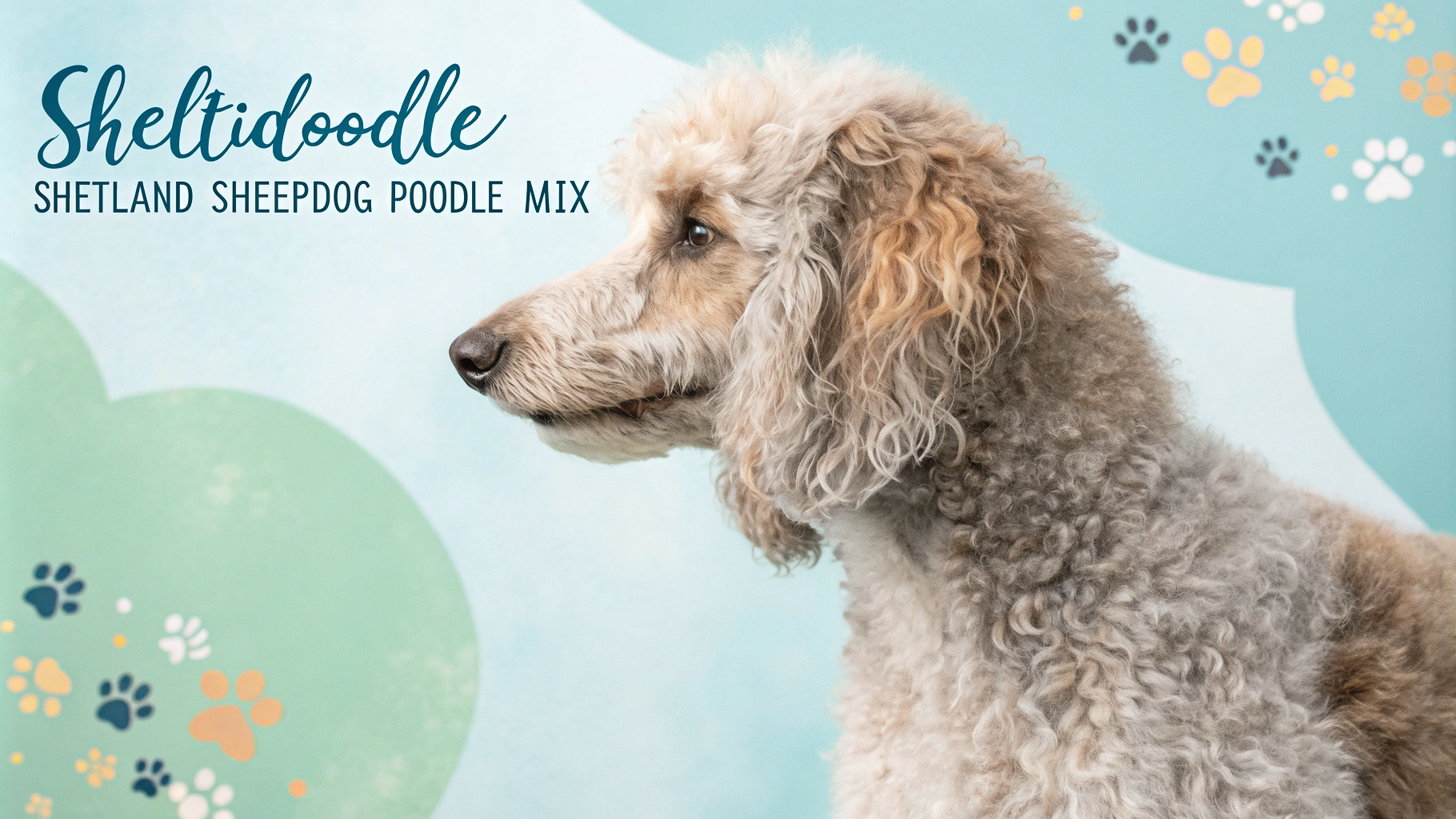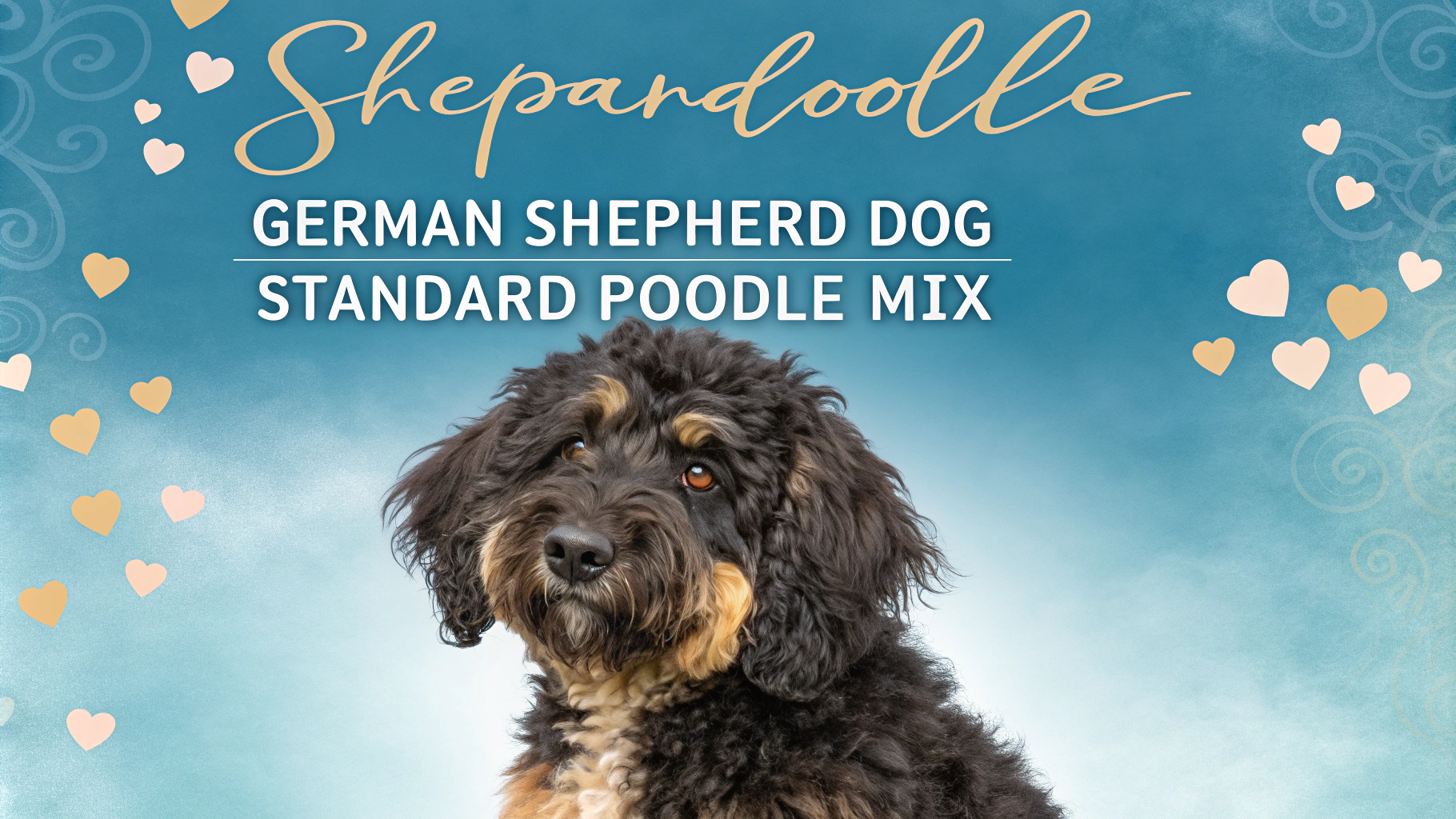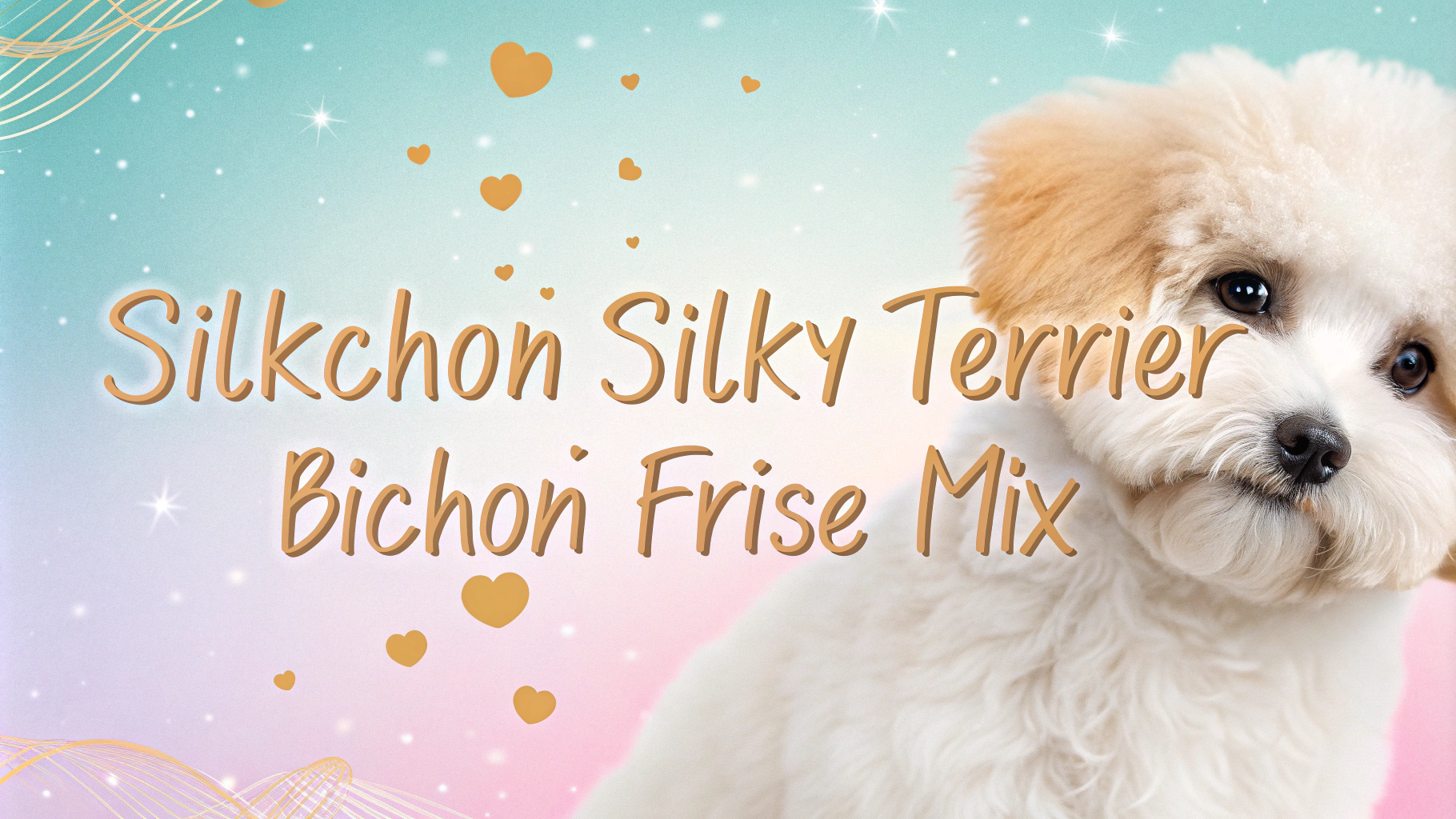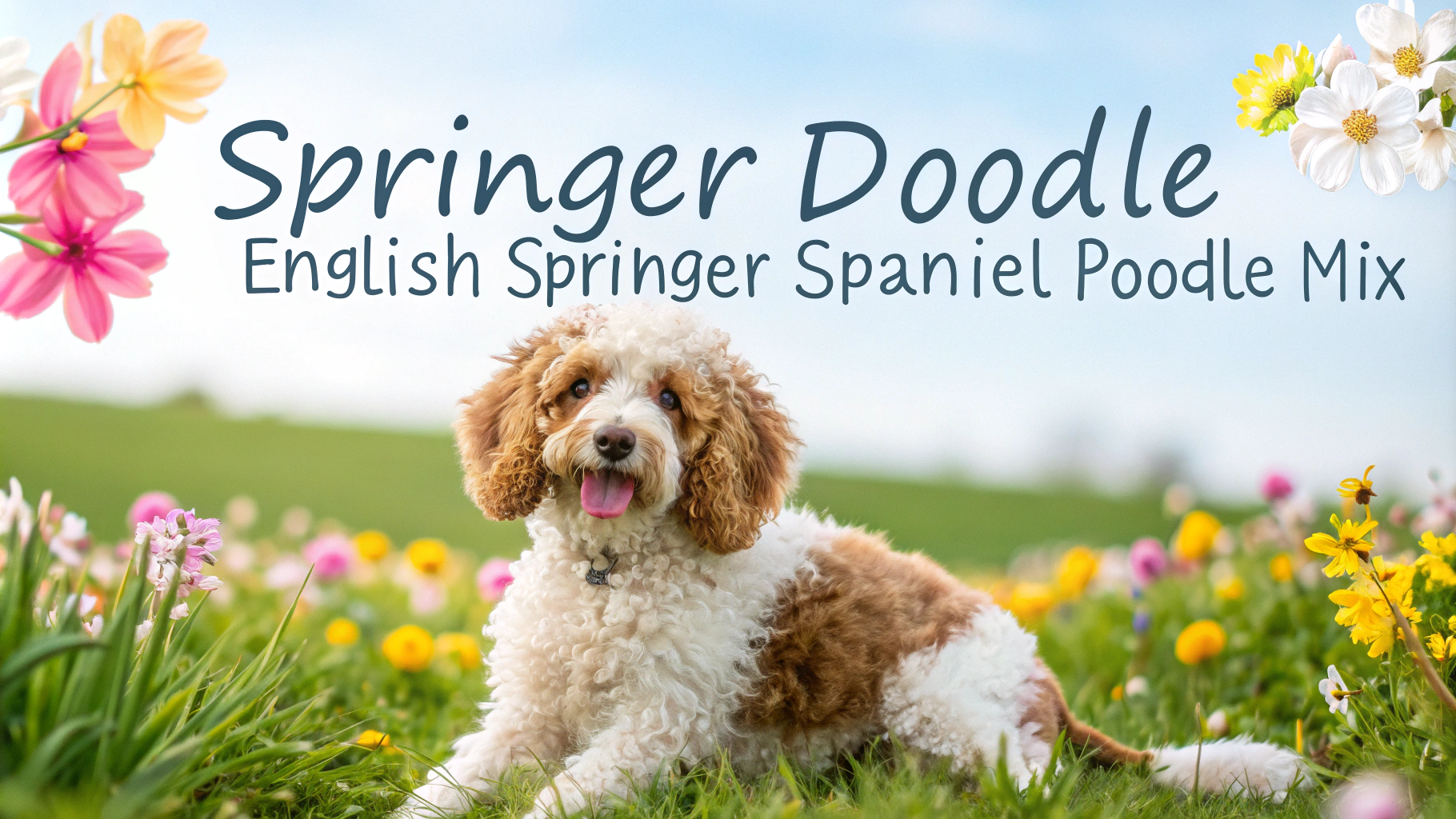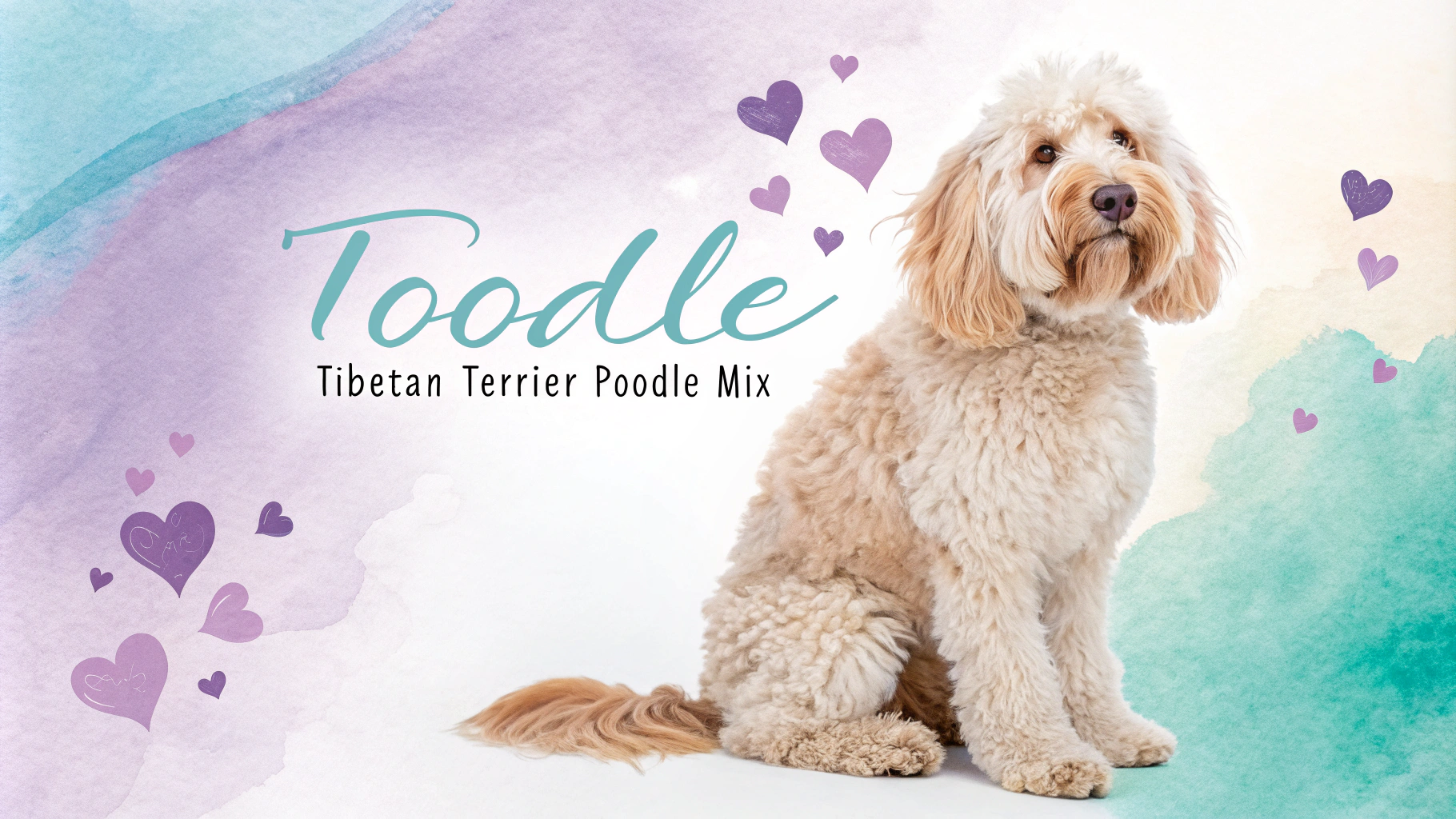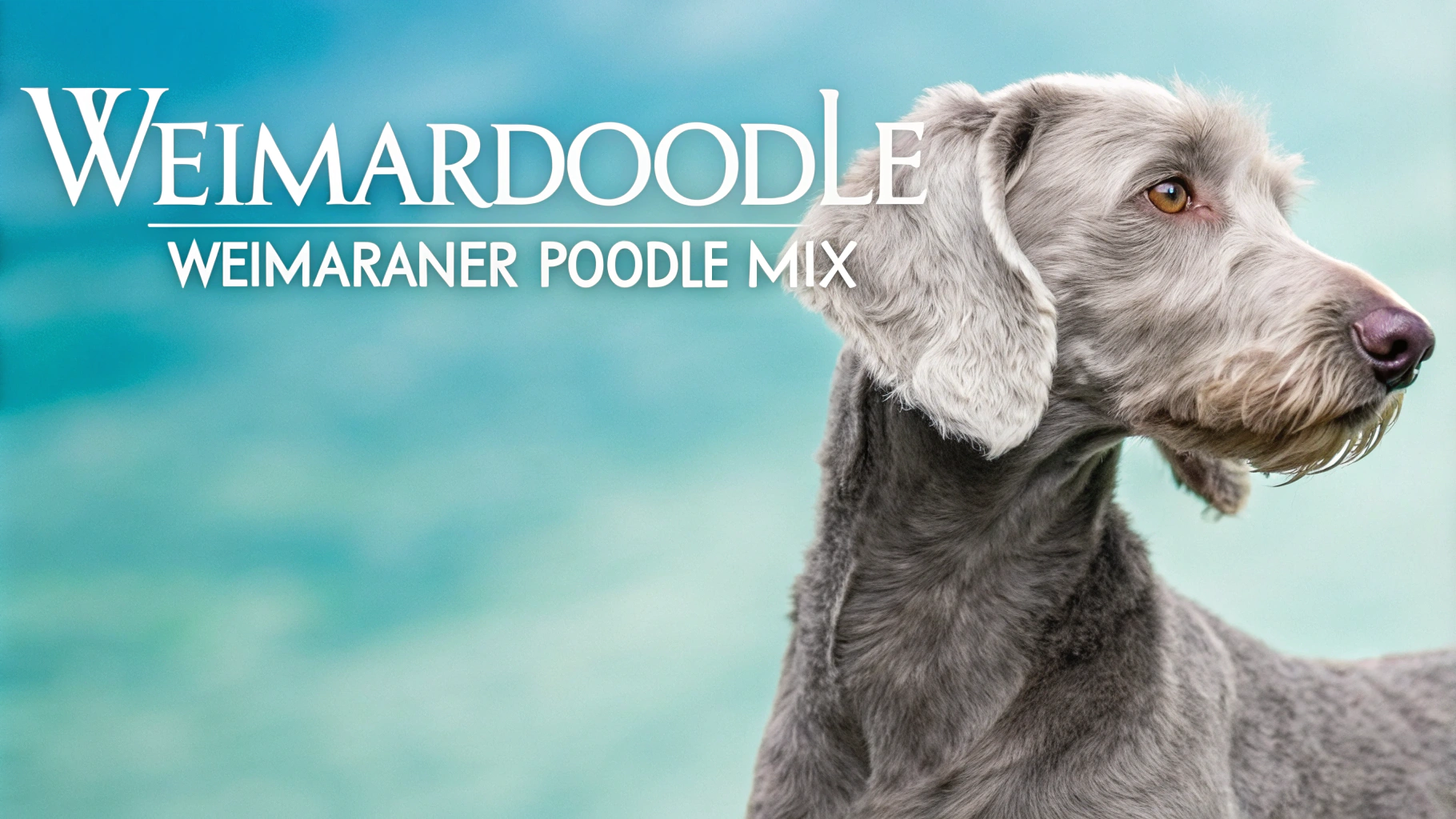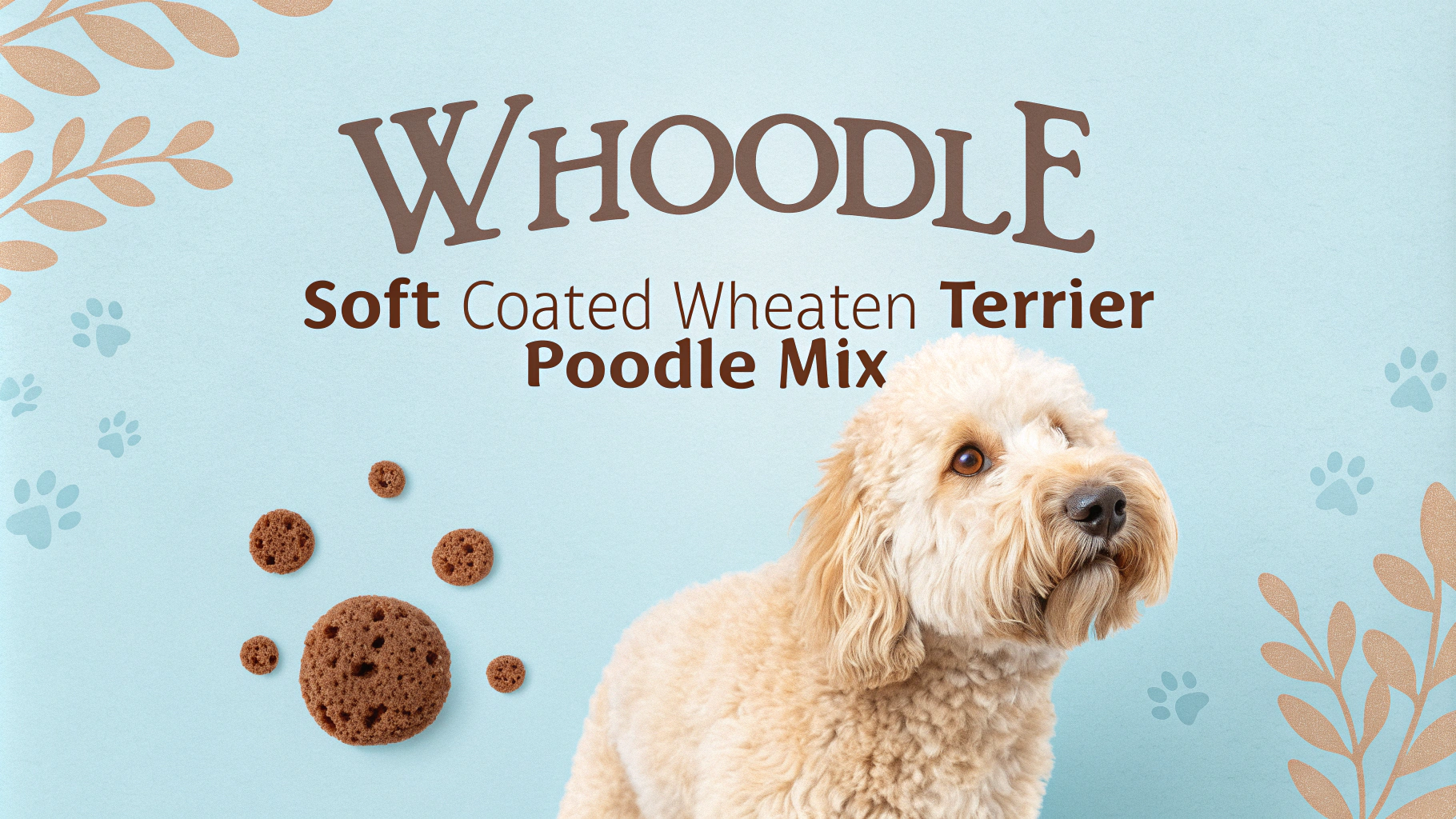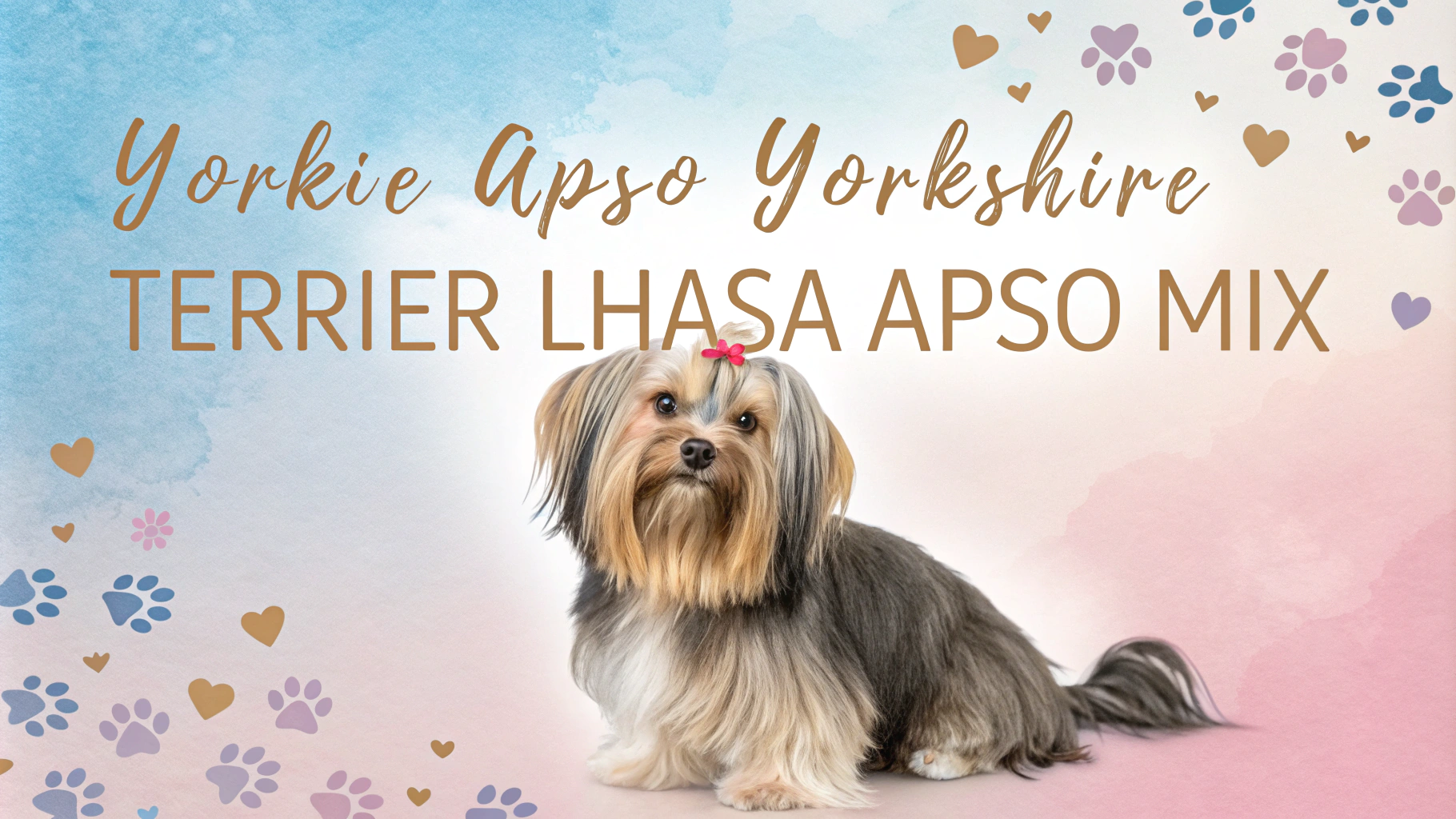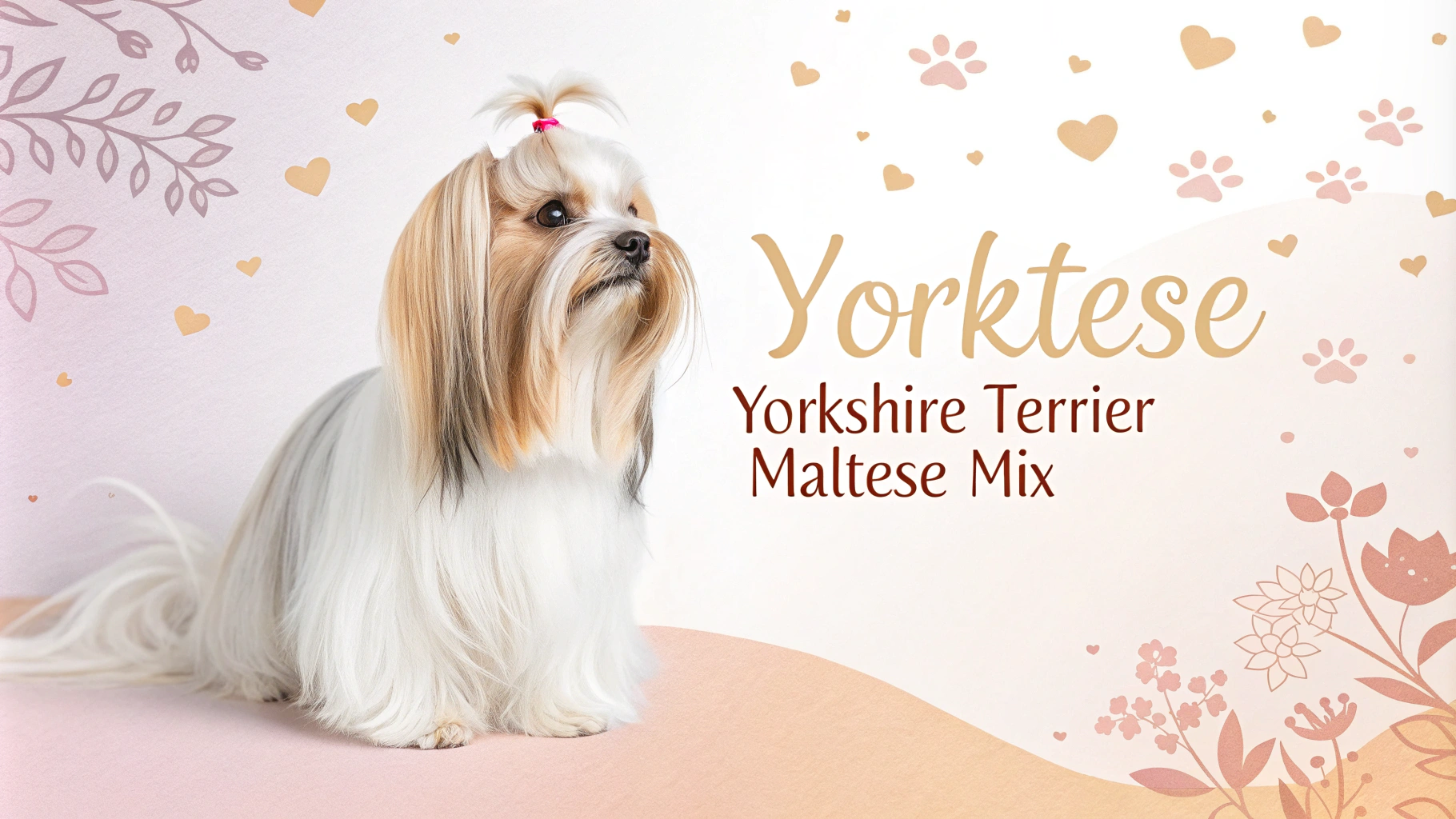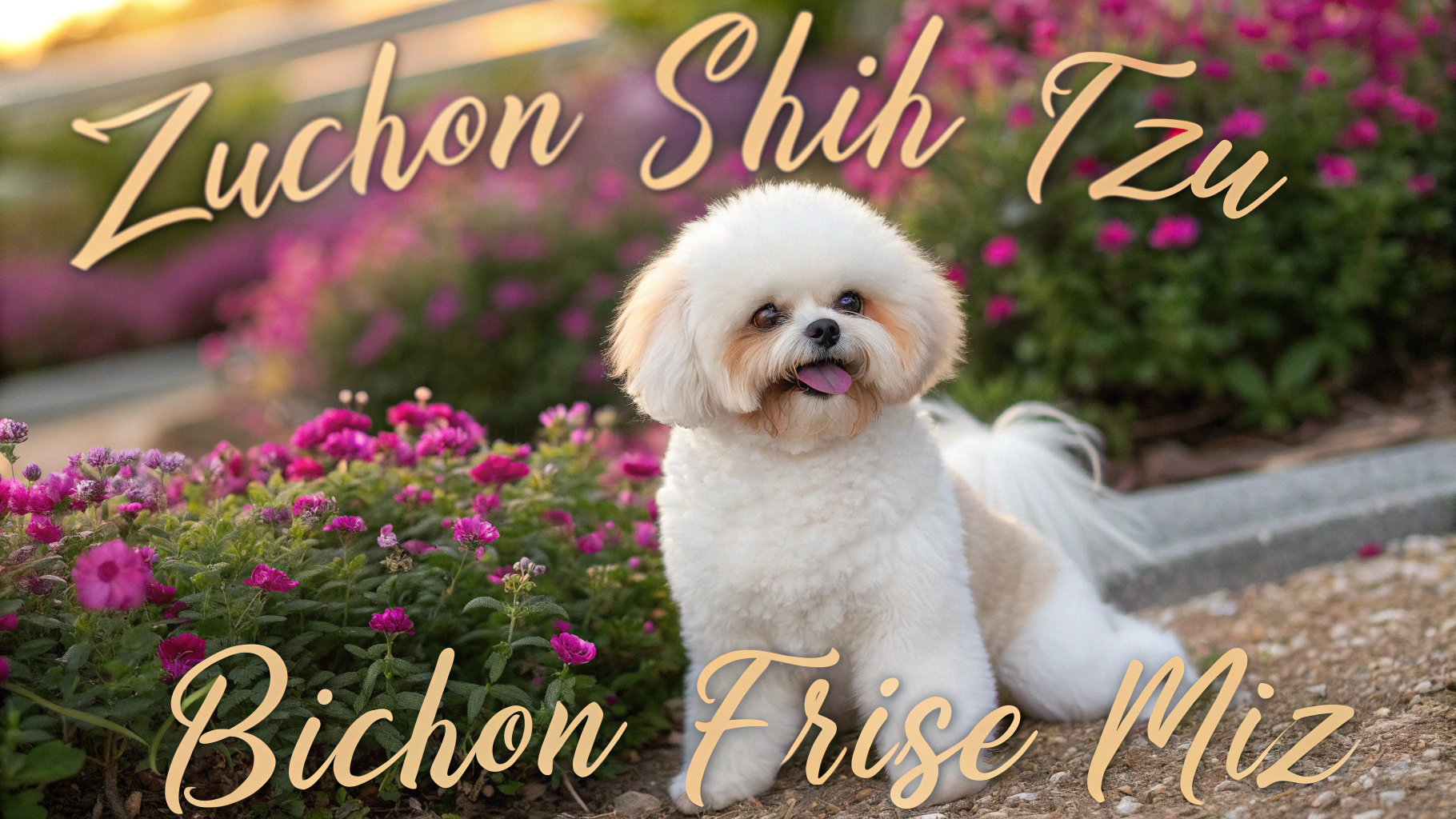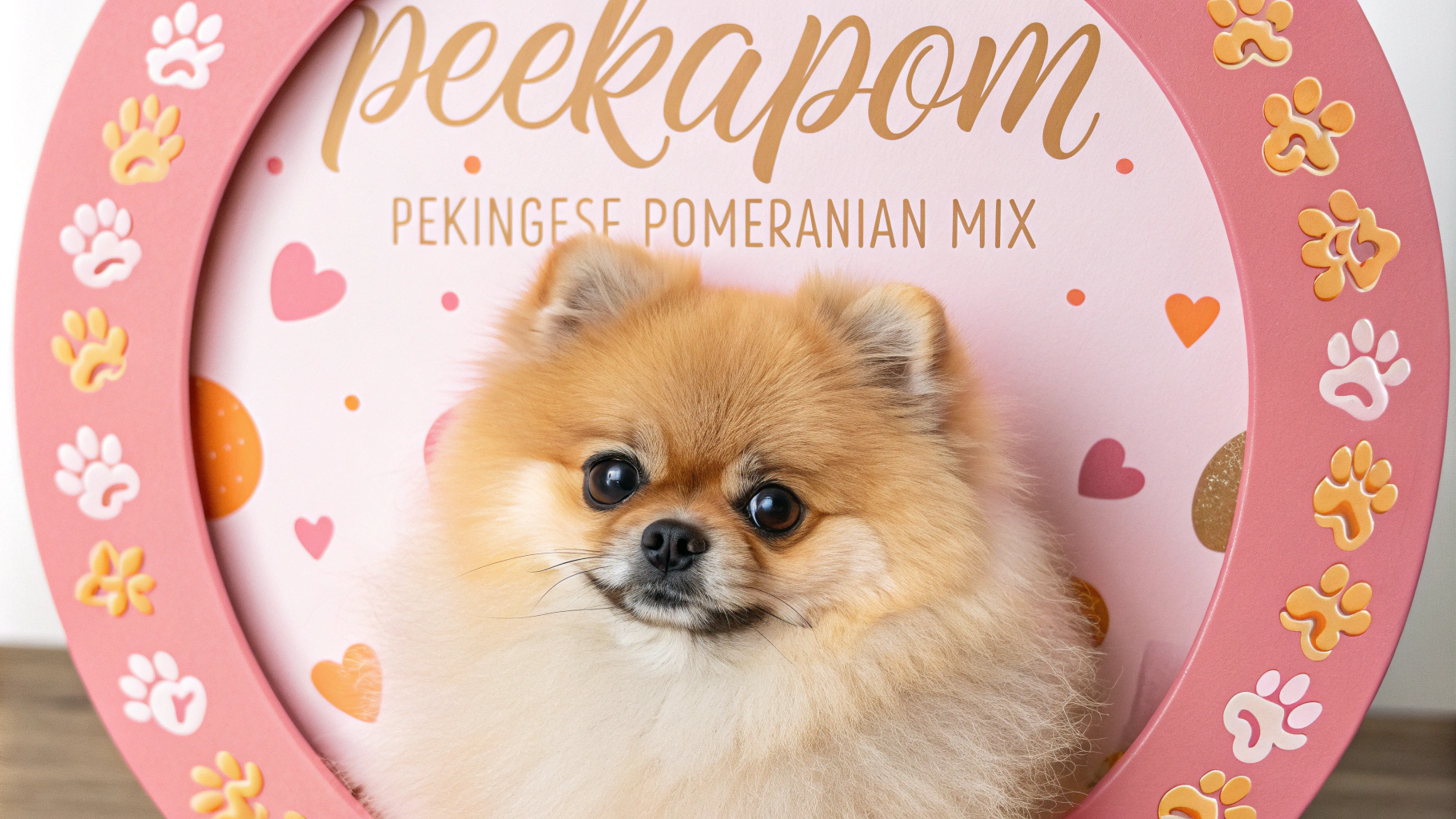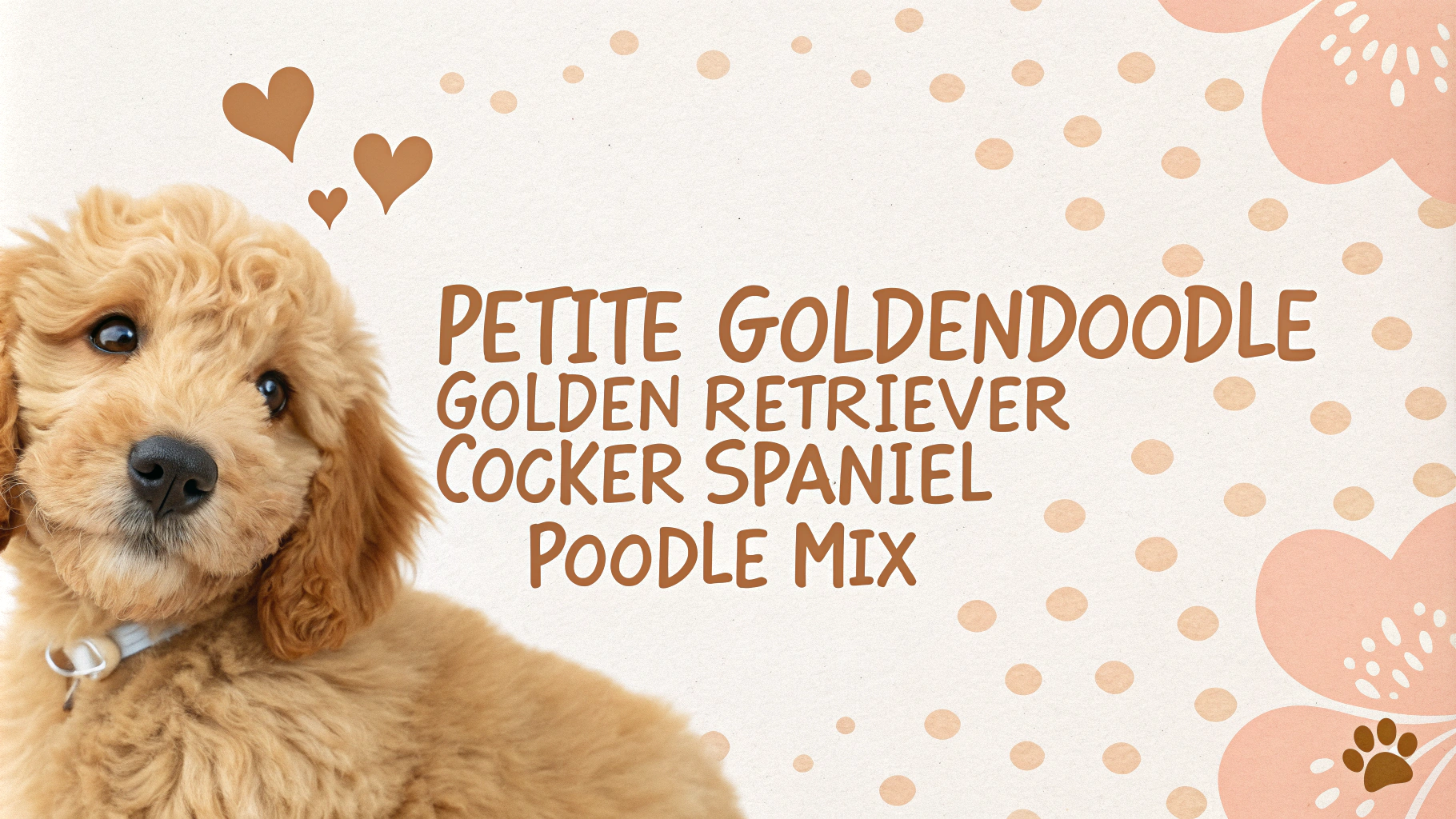The Foodle is a mixed breed dog resulting from crossing a Poodle with a Toy Fox Terrier. This designer breed combines the intelligence and hypoallergenic coat of the Poodle with the spirited and agile nature of the Toy Fox Terrier. Foodles are typically small to medium-sized dogs, making them suitable for various living situations. Their unique blend of characteristics from both parent breeds results in a charming and versatile companion.
Key Facts
- Size: Small to medium
- Weight: 10-30 pounds
- Height: 8-15 inches
- Coat: Can vary, often curly or wavy
- Lifespan: 12-15 years
- Temperament: Intelligent, energetic, affectionate
- Good with children: Yes, when properly socialized
- Good with other pets: Generally yes, but early socialization is important
- Shedding: Low to moderate
- Exercise needs: Moderate to high
Character Traits
Foodles inherit a blend of personality traits from their Poodle and Toy Fox Terrier parents. They are typically intelligent, energetic, and affectionate dogs that form strong bonds with their families. The Poodle influence often contributes to their high intelligence and trainability, while the Toy Fox Terrier side can add a spirited and sometimes mischievous nature. Foodles are usually alert and make excellent watchdogs, although they are generally not excessive barkers.
These mixed breed dogs are often sociable and enjoy being around people, making them great companions for active individuals or families. They can be playful and entertaining, with a knack for learning tricks and participating in various dog sports. However, their high energy levels mean they require regular mental and physical stimulation to prevent boredom and potential behavioral issues.
Foodles may inherit the Poodle’s tendency to be somewhat reserved with strangers, but proper socialization from an early age can help them become more outgoing. They generally get along well with children and other pets when raised together, but their small size means interactions should always be supervised to prevent accidental injury.
History & Origins
The Foodle is a relatively new designer breed, likely originating within the last few decades as part of the growing trend of creating mixed breed dogs. While the exact origins of the Foodle are not well-documented, we can look at the history of its parent breeds to understand its background.
The Poodle, one of the parent breeds, has a long and distinguished history. Originally bred in Germany as a water retriever, Poodles later became popular in France and were eventually recognized as the national dog of France. They come in three size varieties: Standard, Miniature, and Toy. Poodles are known for their intelligence, elegance, and hypoallergenic coats.
The Toy Fox Terrier, the other parent breed, was developed in the United States in the early 20th century. They were created by crossing smaller Fox Terriers with several toy breeds, including Chihuahuas and Manchester Terriers. Originally used for hunting small game and vermin control, Toy Fox Terriers later became popular as companion dogs and circus performers due to their agility and trainability.
The combination of these two breeds in the Foodle aims to create a small, intelligent, and energetic companion dog with a potentially hypoallergenic coat. As with many designer breeds, the goal is to combine the best traits of both parent breeds, although the results can vary depending on which characteristics are inherited from each parent.
Health Concerns
The Foodle, being a mix of Poodle and Toy Fox Terrier, may inherit health issues common to both parent breeds. Potential concerns include:
- Patellar luxation
- Progressive retinal atrophy (PRA)
- Hip dysplasia
- Legg-Calve-Perthes disease
- Dental issues
Regular veterinary check-ups, dental care, and genetic testing can help prevent or manage these conditions. Foodles may also be prone to allergies and skin sensitivities. Owners should monitor their pet’s health closely and address any concerns promptly.
Exercise Needs
Foodles are energetic dogs that require regular exercise to maintain their physical and mental well-being. Daily exercise recommendations include:
- 30-60 minutes of moderate to high-intensity activity
- Walks, jogs, or playtime in a securely fenced area
- Interactive games like fetch or agility training
Mental stimulation is equally important for this intelligent breed. Puzzle toys, obedience training, and socialization activities can help keep their minds sharp. Without adequate exercise and mental stimulation, Foodles may develop destructive behaviors or become anxious.
Space Requirements
Foodles are adaptable dogs that can thrive in various living environments, making them suitable for both apartment dwellers and homeowners with yards. Key space considerations include:
- Access to a small, securely fenced outdoor area is beneficial but not essential
- Sufficient indoor space for play and exercise during inclement weather
- A designated area for toys, bed, and feeding station
While Foodles can adapt to apartment living, they still require regular outdoor exercise and mental stimulation. Owners in smaller spaces should be committed to providing daily walks and playtime to meet their dog’s energy needs.
Nutrition & Feeding
A balanced diet is crucial for maintaining the health and vitality of a Foodle. Nutritional considerations include:
- High-quality, age-appropriate dog food (puppy, adult, or senior formulas)
- Portion control to prevent obesity, which can exacerbate joint issues
- Meal frequency: 2-3 small meals per day for adults, more frequent meals for puppies
The exact amount of food will depend on the dog’s age, size, activity level, and metabolism. Consult with a veterinarian to determine the best feeding plan for your Foodle. Always provide fresh, clean water and monitor treat intake to maintain a healthy weight.
Grooming Tips
The Foodle, being a mix of Poodle and Toy Fox Terrier, may inherit the Poodle’s low-shedding coat or the Toy Fox Terrier’s short, smooth coat. Regular brushing, at least 2-3 times a week, is essential to prevent matting and tangling, especially if the dog has inherited more of the Poodle’s coat characteristics. Bathing should be done every 4-6 weeks, or as needed, using a mild dog shampoo. Pay special attention to the ears, checking and cleaning them weekly to prevent infections. Nail trimming should be done regularly, typically every 2-3 weeks. Professional grooming may be beneficial every 6-8 weeks, particularly if the Foodle has a more Poodle-like coat. Teeth should be brushed several times a week to maintain good oral hygiene and prevent dental issues common in small breeds.
Training Approach
Foodles are generally intelligent and eager to please, traits inherited from both parent breeds. Early socialization and obedience training are crucial for this mixed breed. Positive reinforcement techniques work best, using treats, praise, and play as rewards. Consistency and patience are key, as the Toy Fox Terrier side may contribute to a stubborn streak. Keep training sessions short (5-10 minutes) but frequent to maintain engagement. Focus on basic commands, leash training, and house training from an early age. Foodles may have a high prey drive from their Terrier heritage, so recall training is particularly important. Mental stimulation through puzzle toys and interactive games can help prevent boredom and associated behavioral issues. Agility training can be an excellent way to channel their energy and intelligence. Remember that harsh methods or punishment can lead to anxiety or fear in this sensitive breed, so always use gentle, reward-based approaches.
